The Chocolate Soldier (1941) Online
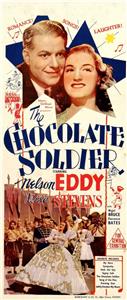
Maria and Karl Lang are the singing duo of Vienna. Maria is very flirtatious and Karl very jealous. Karl decides to masquerade as a Russian guardsman and attempts to make Maria flirt with him - to test her loyalty to him - as the Russian, Karl makes a vigorous attempt to seduce Maria. For a moment she accepts then rejects. Karl is left in turmoil...
| Complete credited cast: | |||
| Nelson Eddy | - | Karl Lang | |
| Risë Stevens | - | Maria Lanyi | |
| Nigel Bruce | - | Bernard Fischer | |
| Florence Bates | - | Madame Helene | |
| Dorothy Raye | - | Magda (as Dorothy Gilmore) | |
| Nydia Westman | - | Liesel - Maid | |
| Max Barwyn | - | Anton | |
| Charles Judels | - | Klementov |
This has interesting origins from musical and non-musical plays. In 1909, the operetta "The Chocolate Soldier" opened in New York. This was based on the non-musical play "Arms and the Man" by George Bernard Shaw. However, Shaw voiced objections to his play being adapted as an operetta. A silent film adaptation, The Chocolate Soldier (1914), based on the New York operetta, omitted any reference to George Bernard Shaw. In 1911, a Hungarian non-musical play "Testör" ("The Guardsman") by Ferenc Molnár, opened in Budapest. In 1941 when this film was made, George Bernard Shaw was still alive. Therefore, the music of the New York operetta and the plot of the Hungarian non-musical play "The Guardsman" were used.
Harold Rosson filled in as director of photography when cinematographer Karl Freund became ill.
When the stage version of "The Chocolate Soldier" premiered, it was as a musical adaptation of George Bernard Shaw's satirical play "Arms and the Man". Shaw strongly voiced his outrage over the way his play had been adapted and forbade any other musical adaptations of his plays (at least, as long as he was alive). "The Chocolate Soldier" had already been made into a silent film using the plot of Shaw's "Arms and the Man" (The Chocolate Soldier (1914)), but when this film was made, the plot of Ferenc Molnar's "The Guardsman" was used so as not to further offend Shaw, who was still alive.
In 1924, Alfred Lunt and Lynn Fontanne starred on Broadway in what is considered the definitive version of the non-musical play "The Guardsman". This was adapted from Hungarian to English by Philip Moeller. This production opened at the Garrick Theatre in New York on Oct. 13, 1924 and ran for 248 performances. It was filmed by MGM in 1931, and marks the only co-starring appearance of these two legendary Broadway artists permanently captured on film.
Risë Stevens' rendition of "America the Beautiful" (music by Samuel A. Ward, lyrics by Katharine Lee Bates) was deleted from this movie. Footage of the anthem would appear in a short subject titled We Must Have Music (1941), a cavalcade of clips from MGM musicals between 1929 and 1941. Also contained in the short were Miss Stevens and Nelson Eddy singing the last few stanzas of "My Hero," taken from this feature.
This film received its initial telecast in Chicago Thursday 28 February 1957 on WBBM (Channel 2); it first aired in Norfolk VA 3 May 1957 on WTAR (Channel 3), in Seattle 12 May 1957 on KING (Channel 5), in both Portland OR and Honolulu 9 June 1957 on KGW (Channel 8) and on KHVH (Channel 13), in Minneapolis 15 June 1957 on KMGM (Channel 9), in Cincinnati 24 August 1957 on WXIX (Channel 19) (Newport KY), in Philadelphia 20 October 1957 on WFIL (Channel 6), in Altoona PA 16 November 1957 on WFBG (Channel 10), and in Los Angeles 12 December 1957 on KTTV (Channel 11); in New York City it was first telecast 19 December 1958 on WCBS (Channel 2) and in San Francisco 3 July 1961 on KGO (Channel 7).
In 1955, Risë Stevens again starred in another version, this time co-starring Eddie Albert: The Chocolate Soldier (1955).
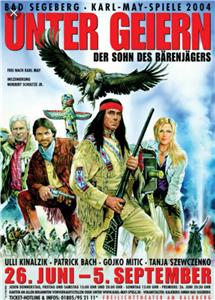

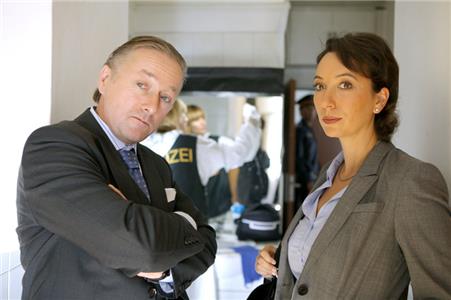

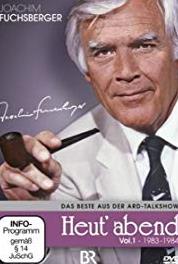

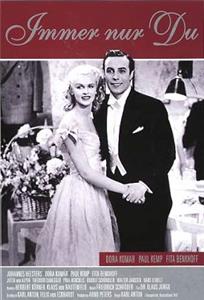
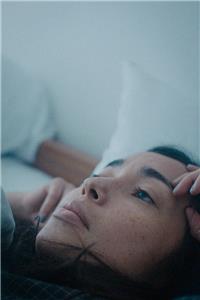
User reviews